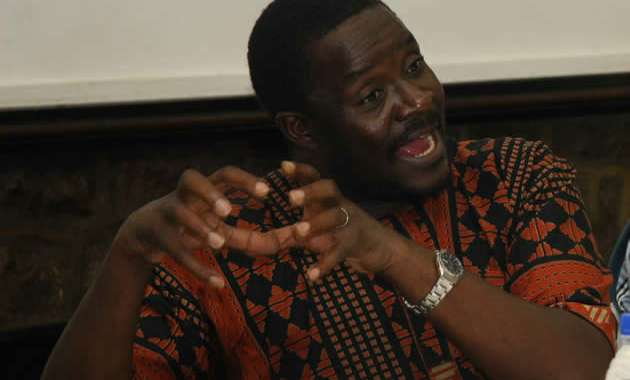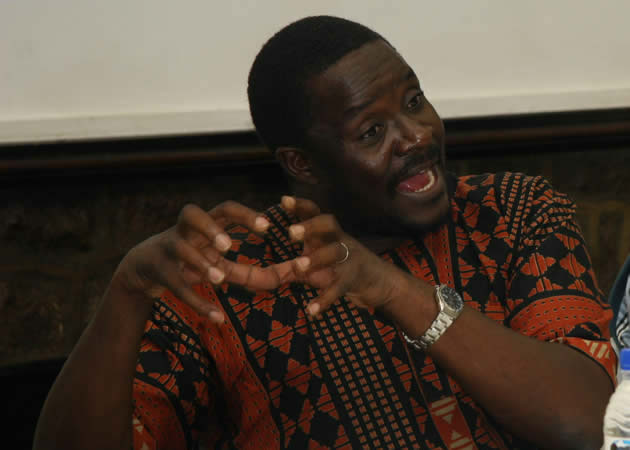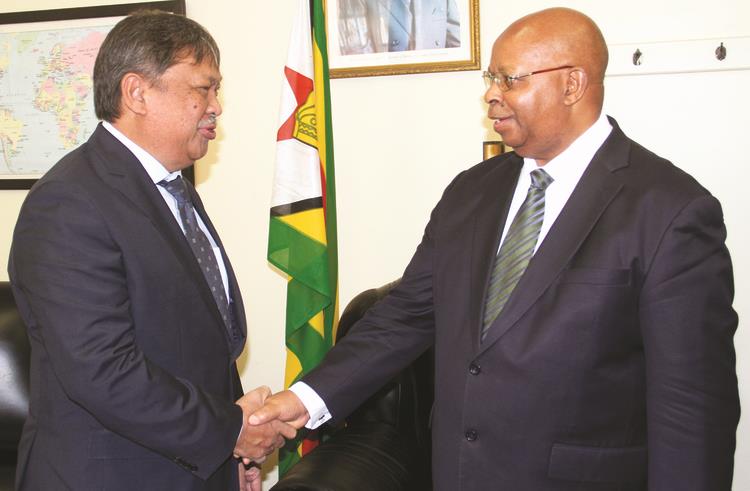Zimbabwe, Namibia review 2004 MOU

From Timo Shihepo in WINDHOEK
REPRESENTATIVES from the ministries of information of Zimbabwe and Namibia met in Windhoek to review the 2004 Memorandum of Understanding (MOU) with the aim of implementing several aspects and bring it up to date with current developments such as digitisation. Zimbabwe and Namibia signed the memorandum of understanding over a decade ago in areas of broadcasting, print, news agencies, film making, and cultural exchange, among others.
Despite many aspects being encompassed in the memorandum, so far The Southern Times newspaper is the only project that has come out of the agreement.
A delegation from Zimbabwe led by Information, Media and Broadcasting Services permanent secretary Mr George Charamba arrived in Namibia on Monday to review the MoU with their Namibian counterparts.
The Minister of Information, Media and Broadcasting Services Christopher Mushohwe was expected to arrive in Windhoek on Wednesday for talks with his counterpart, Mr Tjekero Tweya.
“We signed this memorandum of understanding in 2004 and that’s now a whole 13 years ago and a lot has changed. It was a very broad-based generic kind of MOU, but there has been a lot of changes since 2004. We are now trying to effect those changes to make it a living document,” Mr Charamba said.
The two ministries will look at several aspects that are in the MOU but are yet to be implemented. They will review all the aspects and decide which ones are capable of being endorsed and which ones can be left out. The two parties are looking at incorporating new aspects in the MOU, especially in the area of digitisation and broadcasting.
Mr Charamba said he was aware that they are in a sector which is undergoing a lot of technological changes. He added that there was need to systematically digest all those changes, integrate them in the sub-sector and see how best they could ride on those technological changes to serve the people.
“We want to test our own systems and see how well we have absorbed technology integration, whether there is a need for further investments, adjustments, legal adjustments or even in terms of corporate structures.”
The two ministries also want to see some high level partnership between the Namibian Broadcasting Corporation (NBC) and the Zimbabwe Broadcasting Corporation.
“We expect some definite recommendations on what else we can do in the broadcasting sector. For instance, if the NBC wants to do a story in Zimbabwe do they really need to spend scarce foreign currency in Zimbabwe? The ZBC should be able to host NBC for as long they are in Zimbabwe. Then NBC also does the same. It reciprocates. This would help save costs. We should move in a direction where our two societies, nations, are together,” Mr Charamba said.
On his part, Namibia’s Information Communication Technology permanent secretary, Mbeuta Ua-Ndjarakana said he was happy with the partnership between Zimpapers and New Era Publication Corporation that gave birth to Namzim Newspapers, the publishers of the regional weekly, The Southern Times.
He, however, said a lot still has to be done and that there was need to review the 2004 agreement to incorporate modern day technology. He was hoping that the series of meetings would bring about the right changes.
The Zimbabwe delegation comprised Zimpapers board chairman, Mr Delma Lupepe, who is also Namzim vice chairman, Zimpapers chief executive officer and Namzim board member, Mr Pikirayi Deketeke, Zimpapers and Namzim board member Rejoice Nharaunda, ZBC chief executive Mr Patrick Mavhura, and New Ziana acting CEO Rangarirai Shoko.









Comments